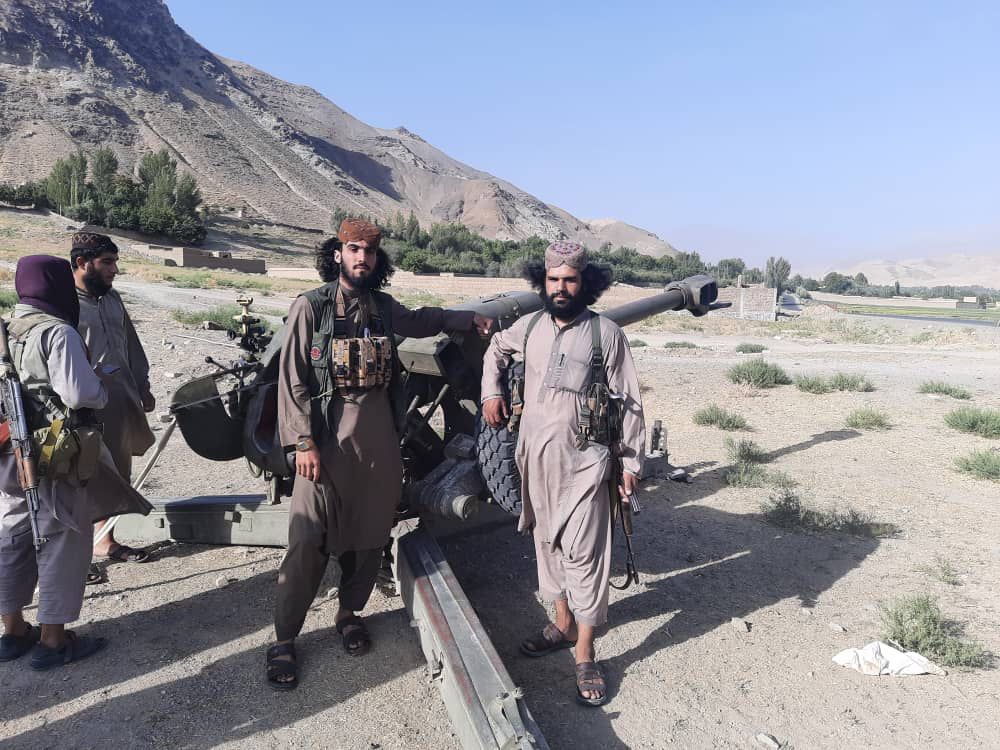By Hamid Pakteen
After suffering from incessant Pakistan hostilities for more than a year, the Taliban regime seems determined to counter Islamabad’s policy of violence against it. Pakistan Army which keeps targeting the tribals living on both sides of Afghanistan-Pakistan border appears bewildered due to an assertive Afghan response to its designs. This has led to an increased firing and violence against the innocent Pashtuns living in bordering areas. Reportedly, the latest such attack took place during first week of October 2022 when the Pak Army resorted to mortar firing across the border. The trigger was movement of some local Afghans from villages near border to the Pakistan side. Afghan side maintains that such movements are within the framework of a bilateral agreement, something which the Pak Army does not like to happen on ground.
The tribals, especially Pashtuns living in hilly areas on both sides have been a constant target of Pak army; ostensibly working to counter terrorism on international border. Unilateral establishment of fences and border posts along the disputed border by Pakistan have only added fuel to the fire. The ongoing fencing has major consequences for closely knit Pashtun and Balochi tribal communities living on both sides of the border, including their agricultural land, traditional border trade and movement of labour / other resources. Work on the fence started in 2016 and continued unchallenged till the Taliban recaptured power in August 2021. However, disagreements over border demarcation and fencing issue escalated after last year’s power change in Kabul. More Pakistani tools include harsh economic measures on Afghan people through frequent blockades at Chaman and Torkham border points. These are two major crossings for men and goods and also a major source of revenue for the Taliban government.
Pakistani misadventures are often seen as a manifestation of its failure to control Taliban administration after the regime change. At the heart of dispute are Pakistan actions aimed at forcefully getting its position on Durand line validated by the Taliban regime. The line which was never accepted by Afghanistan represents the border established under British colonial rule. The fact that it divides the traditional Pashtun areas between the two countries infringing the natural rights of locals forms the basis of Afghan opposition to it.
However, the Pak policy of violence is now facing a serious pushback by Afghanistan. Taliban’s fresh strategy of taking Pakistani hostilities and narrative on its head was apparent during a September 2022 event in Kabul which among others was addressed by the Afghanistan’s Deputy Foreign Minister Sher Muhammad Abbas Stanekzai. He strongly countered Pakistan’s Prime Minister’s anti-Taliban statement at 77th United Nation General Assemble (UNGA) in New York recently wherein he had listed Tehreek-e-Taliban (TTP) among major threats to the security of the region. The Taliban leader clearly said that Pak attempts to portray Afghanistan as a sponsor of terrorism will not be tolerated. Afghanistan has reportedly taken up with Pak side, the frequent violations of Afghan air space in areas along the border. Afghan Foreign Ministry was said to have listed several incidents of country’s airspace violation by the Pak drones.
The change is also visible in Kabul’s diplomacy. To neutralize any outside attempt of sabotaging the regime politically and diplomatically, the Talban has increased the vigil around the offices of Pak mission in Afghanistan. Recently, there were several reports of Afghan security officials curtailing movement of suspicious persons around Pakistan’s embassy in Kabul and the consulate in Jalalabad.
The past one year has been quite volatile in Pak-Afghan relations. Starting from the euphoria of establishing control over new Afghan regime through pressure, Pakistan seems to have landed in a hard place. On one side it faces the rising challenge of domestic terrorism while the other side has a resolute and more demanding Taliban. An obsession for meddling in another country’s internal affairs seems to have a high cost.
Note: The contents of the article are of sole responsibility of the author. Afghan Diaspora Network will not be responsible for any inaccurate or incorrect statement in the articles.

